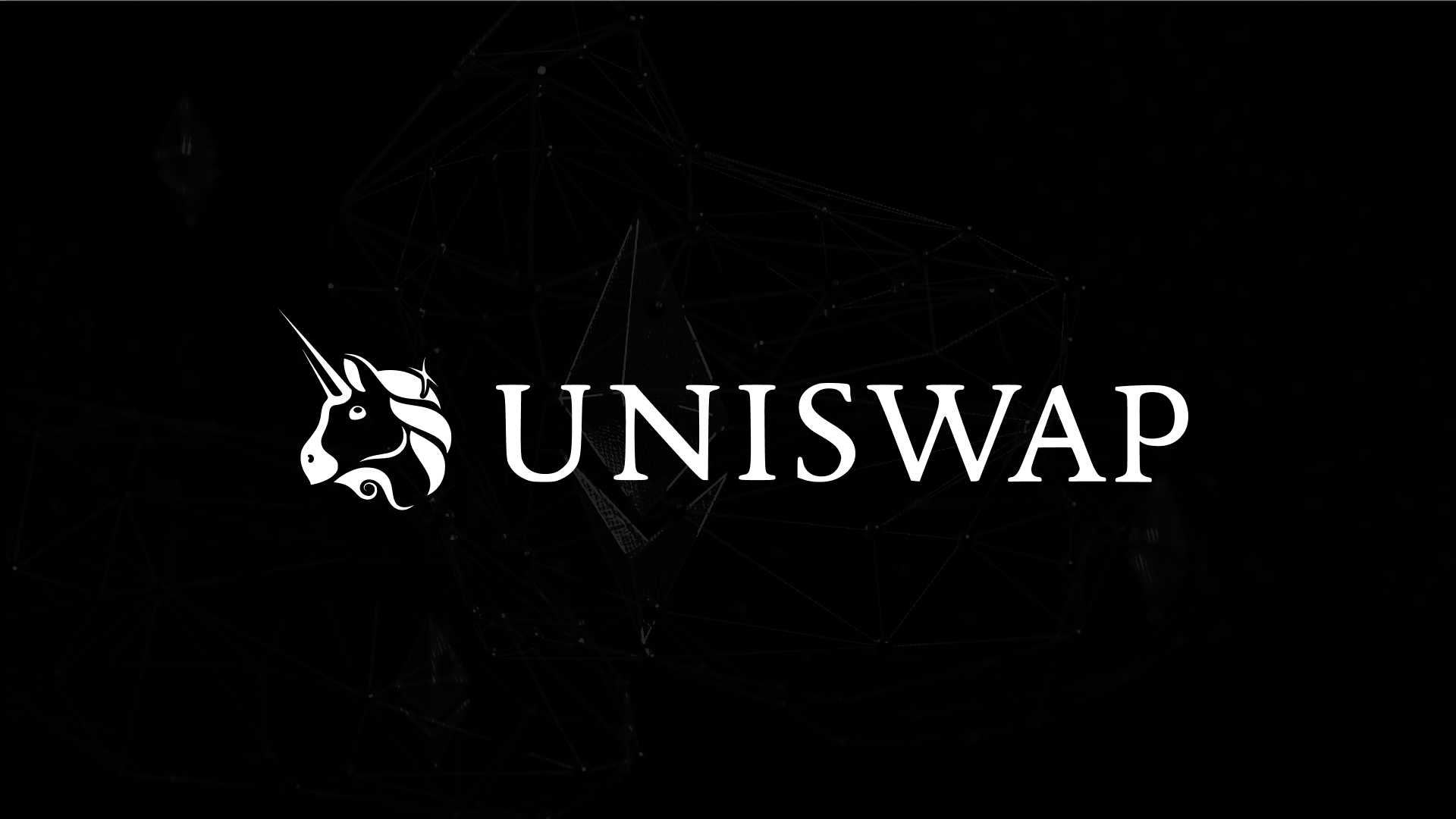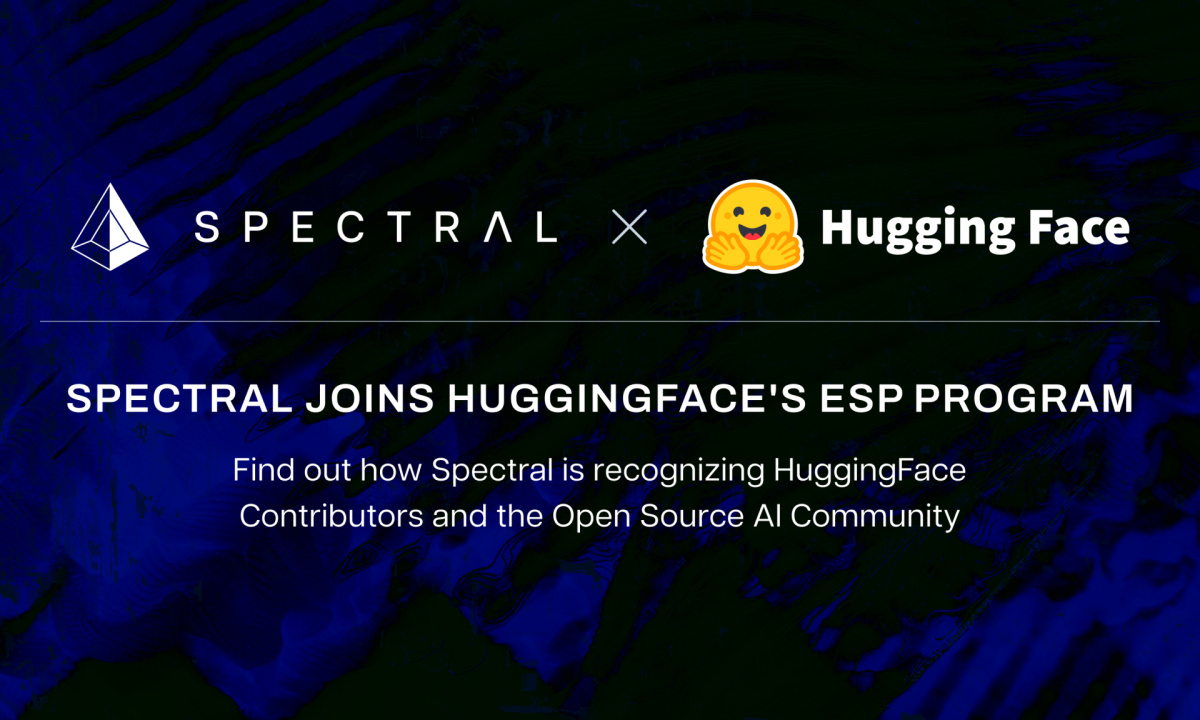Uniswap recently disclosed its preferred choice for handling non-Ethereum deployments in its cross-chain bridging operations: Wormhole and Axelar.
These selections are the result of a comprehensive analysis conducted by Uniswap's Bridge Assessment Committee, which evaluated a range of potential protocols. The proposed changes are also aligned to the protocol's recent .
Diving Deep into the Decision
Bridge Assessment Committee scrutinized multiple contenders, namely , , , , , and Multichain (CRP). Each of these was rigorously assessed for its proficiency in facilitating cross-chain governance. Out of the competition, Wormhole and Axelar emerged victorious, with the committee endorsing these two for utilization across all cross-chain deployments.
As the committee puts it, both Wormhole and Axelar have demonstrated their aptness in managing governance messaging for potential cross-chain deployments. They, however, advised the community to persistently review these and other bridge providers, bearing in mind the dynamics of the industry.
Cross-Chain Governance and Its Implications
The fundamental application for Uniswap DAO's cross-chain bridge lies in its ability to relay governance messages from Ethereum to other chains for execution. All Uniswap deployment proposals undertake a formal voting procedure on Ethereum. Any upgrades for deployments on alternate chains are then communicated via a cross-chain messaging protocol.
While Wormhole and Axelar have gained the committee's approval, this doesn't entirely exclude other bridges. The report also pointed out that those deemed unsuitable for Uniswap's present cross-chain governance needs might still satisfy the prerequisites of other protocols and applications.
Vulnerabilities and Controversies: The Story of Cross-Chain Bridges
The controversy around cross-chain bridges in the sphere is nothing new. In 2022, these bridging protocols proved to be a weak spot, with hackers successfully exploiting them and causing billions in losses. As per data from Rekt, four out of the top five most expensive breaches targeted bridges, resulting in an aggregated loss of over $2.1 billion.
In response to these vulnerabilities, Uniswap has formed its Cross-Chain Bridge Assessment Committee to aid governance delegates and the Uniswap community in making well-informed decisions regarding cross-chain bridging protocols.
The Committee's evaluations covered more than 130 assessment questions for each protocol, taking into account their ability to ensure "safety, liveness, and censorship resistance". Looking ahead, Celer and DeBridge might be reassessed despite their current shortcomings in slashing mechanisms and security assurances. The report was notably critical of Multichain for its lack of transparency and ineffective deterrents to prevent validator collusion.
To underscore the context, has over in its protocol as of May 2023, with daily transaction volume frequently exceeding $1 billion. Given these figures, Uniswap's choice of Wormhole and Axelar could have significant implications for both the involved protocols and Uniswap's ongoing cross-chain operations.
Investment Disclaimer













